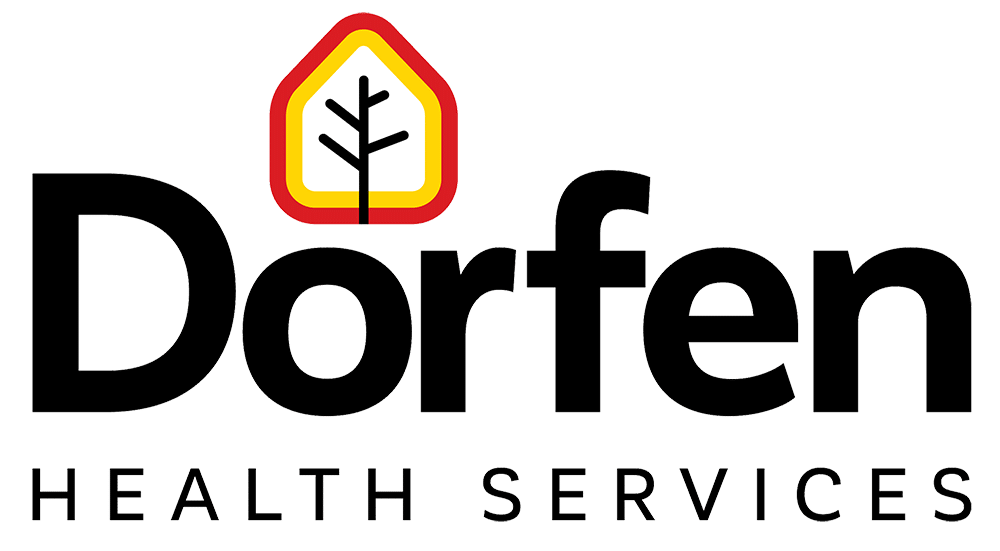By Adam Kreuzer, Registered Counsellor
You have a staff member returning to work from a scenario where they have experienced and are managing chronic pain, whether that be from a personal or workplace injury or due to other extenuating circumstances. What are some tips and hints for managers to consider ensuring that the return-to-work experience is positive, meaningful, and impactful for that individual and the workplace they are re-entering?
The first thing for managers to consider is what it means to provide authentic leadership to that individual and why this is important. Authentic leadership can be defined as “an approach to leadership that emphasises building the leader’s legitimacy through honest relationships with their team members which value their input and are built on an ethical foundation. Generally, authentic leaders are positive people with truthful self-concepts who promote openness. By building trust and generating enthusiastic support from their team members, authentic leaders are able to improve individual and team performance.”[1]
Demonstrating authentic leadership is no easy task, especially in the context of Australia’s current coronavirus pandemic, mental health pressures, the resultant lockdown restrictions and the added emphasis this places on organisations and their leaders to generate and maintain a positive workplace culture, especially when working remotely and needing to play “Zoom Zumba” behind the computer screen all day.
In the context of staff members returning to work following the experience of impactful scenarios resulting in the requirement for chronic pain management, never has there been a more important time for leaders to demonstrate authenticity, sensitivity and understanding within such scenarios. Authenticity in leadership is rooted in being true to one’s own ideals of leadership and ethical values, authentic leadership is brought about through a lifetime of experiences and is providing their team with honesty and vulnerability to sensitively manage those returning to work after experiencing and / or continuing to experience chronic pain for whatever reason.
Effective leadership of staff members experiencing chronic pain enables the leader to effectively address such issues as fear avoidance of pain, how in chronic pain “hurt does not mean harm,” and how a downward cycle of dysfunction and immobilization often is overlaid on chronic pain conditions. An important skill for the leaders to master is to understand that the impacted staff member is working through a process to be able to accept their situation and decrease their emotional struggle with the situation[2].
Providing impacted staff members with options to work on a flexible basis as part of an integrated pain management plan with the support of other relevant health professionals is an important consideration for leaders faced with the task of dealing with such scenarios. Seeking support and guidance from OH&S (occupational health and safety) professionals and HR (human resources) staff from the workplace is essential to ensure that the impacted staff member is managed with care, respect, and sensitivity.
According to Martin Seligman, optimism plays a large role during any period of recovery, whether that be for psychological or physical illness and the resultant pain being experienced. Seligman writes how sometimes we are illogical and quickly jump to conclusions, thus creating false beliefs. As a pioneer in the field of positive psychology, Seligman espouses that finding meaning in those happy and unhappy moments, rather than finding shortcuts for happiness and well-being, is the aim of authentic happiness, thus finding your strength and virtue as a leader[3].
Welcoming back staff members who have or continue to experience chronic pain is a sensitive and challenging issue for leaders in any workplace. Taking the time to think about what it means to demonstrate authenticity as a leader to such staff members is an opportunity and a challenge. Understanding what it means to help create a workplace environment that enables the individual to explore feelings of authentic happiness underpinned by positive psychological principles, will certainly play a role in ensuring a safe, trusted and respected workplace environment.
Resources
- [1] Gardner, W.L., Cogliser, C.C., Davis, K.M., & Dickens, M.P. (2011). Authentic leadership: A review of the literature and research agenda. Leadership Quarterly, 22, 1120-1145
- [2] https://www.practicalpainmanagement.com/treatments/complementary/biobehavioral/5-coping-skills-every-chronic-pain-patient-needs
- [3] https://positivepsychology.com/authentic-happiness/




